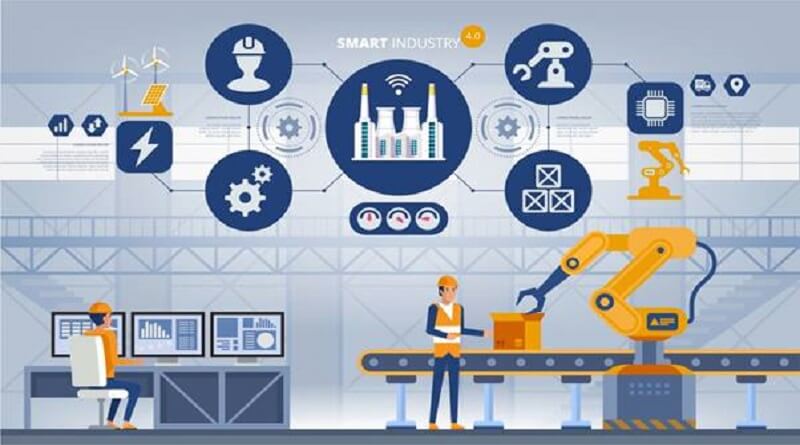Bare Metal vs. Virtual Servers: Making the Right Choice

In the ever-evolving landscape of hosting solutions, businesses frequently encounter a pivotal decision between bare metal and virtual servers. Each option comes with its unique set of advantages and considerations, making the choice critical for ensuring the optimal performance of online operations. In this comprehensive exploration, we’ll delve into the comparison of bare metal and virtual servers to guide you in making an informed decision that aligns with your unique business needs.
Understanding Bare Metal Servers: Power and Control
A bare metal server, often colloquially known as a dedicated server, stands as a testament to robustness, offering a physical server exclusively dedicated to a single user or business. This exclusive dedication translates to unparalleled power and control over hardware resources. When performance is paramount, and resource-intensive applications demand unwavering stability, a cheap bare metal server becomes an attractive option.
For those seeking cost-effective yet robust solutions, the market now offers options for affordable bare metal servers without compromising performance. A bare metal server presents an ideal compromise for businesses aiming to strike a balance between budget constraints and the need for dedicated resources.
Virtual Servers: Efficiency and Scalability
On the flip side of the hosting spectrum, virtual servers, or virtual private servers (VPS), introduce a different paradigm. In a VPS environment, physical server resources are shared among multiple users, allowing for cost savings and efficient resource utilization. Virtual servers are renowned for their scalability, making them particularly suitable for businesses with fluctuating workloads.
Making the Right Choice: Factors to Consider
- Performance Requirements: If your applications demand consistent, high-performance resources, a bare metal server stands as the preferred option. While virtual servers are efficient, they may not match the raw power of dedicated hardware.
- Resource Scalability: For businesses expecting variable workloads and prioritizing resource scalability, virtual servers offer unparalleled flexibility. The ability to scale up or down with ease ensures optimal resource utilization, making virtual servers a compelling choice for dynamic businesses.
- A Dedicated Server in India: For businesses operating in specific geographical regions like India, a dedicated server India brings added advantages. Reduced latency and improved data sovereignty can be critical considerations for businesses that prioritize regional server locations.
- Budget Constraints: Budget considerations play a pivotal role in the decision-making process. While bare metal servers offer uncompromised performance, virtual servers provide cost-effective solutions. This makes them particularly suitable for startups or businesses operating with limited budgets.
Performance Benchmarking: A Comparative Analysis
To better illustrate the performance disparities between bare metal and virtual servers, let’s consider a hypothetical scenario. Imagine an e-commerce platform experiencing high traffic during a flash sale. The resource demands spike significantly, requiring rapid scalability to meet user demands.
In this scenario, a bare metal server shines with its ability to provide dedicated resources, ensuring consistent and reliable performance during traffic spikes. On the other hand, a virtual server, while efficient, may face limitations due to shared resources during peak periods.
Conclusion: Striking the Right Balance
Choosing between bare metal and virtual servers hinges on aligning your hosting choice with the unique requirements of your business. For those seeking dedicated resources and robust performance, a cheap bare metal server could be the sweet spot. On the other hand, businesses prioritizing efficiency, scalability, and cost-effectiveness may find virtual servers to be the perfect fit.
In the end, the right choice depends on your specific needs, budget, and the performance expectations of your applications. Whether you opt for the raw power of bare metal or the versatility of virtual servers, making an informed decision ensures that your hosting solution aligns seamlessly with your business objectives.
As technology continues to evolve, businesses should regularly reassess their hosting needs to ensure they leverage the most suitable infrastructure for their current and future demands. By understanding the nuances between bare metal and virtual servers, businesses can make informed decisions that propel their online operations to new heights.


![How To Solve The [pii_email_bd49696e1d43ab5b60ba] Error Code?](https://www.itechtalky.com/wp-content/uploads/2021/11/pii_email_bd49696e1d43ab5b60ba.png)


